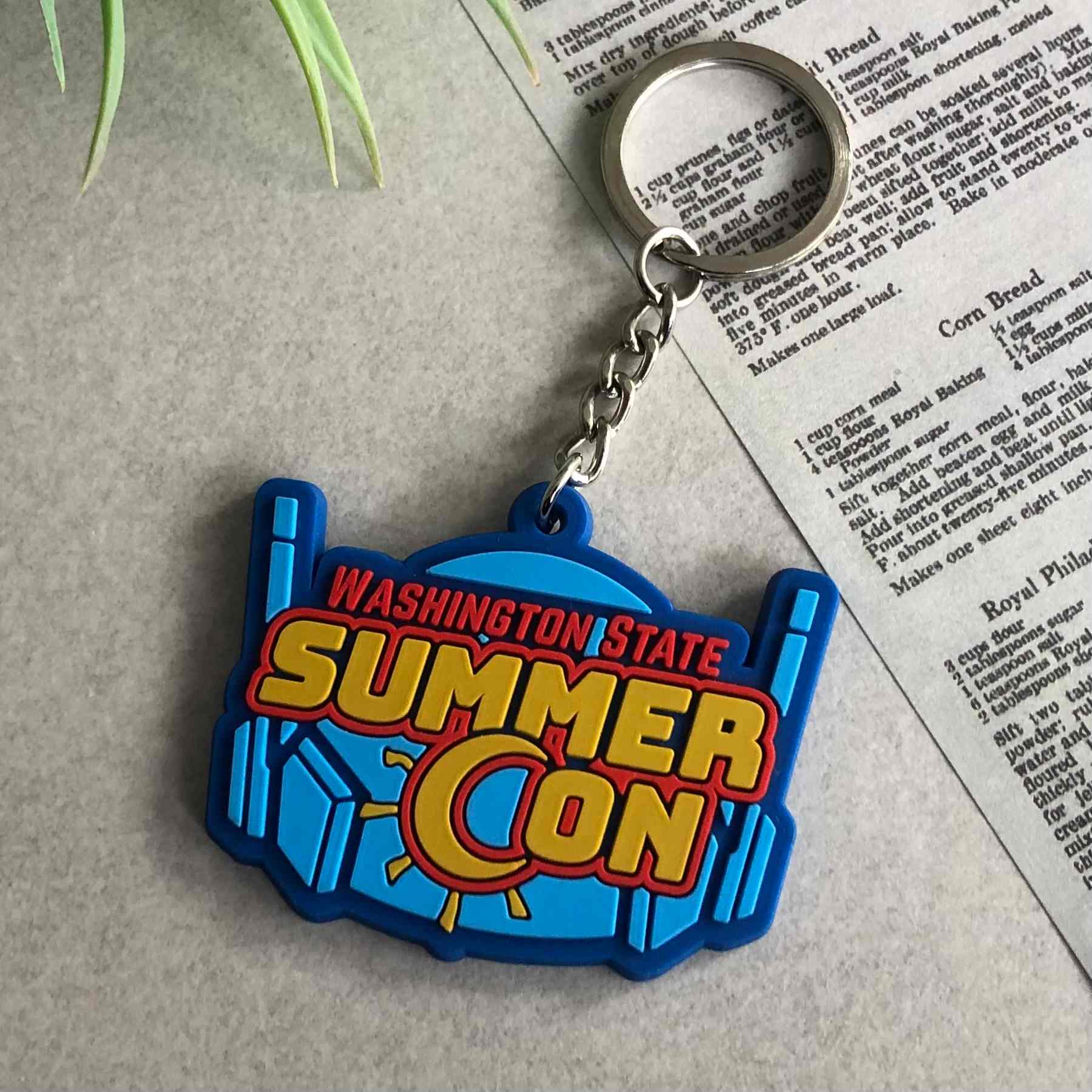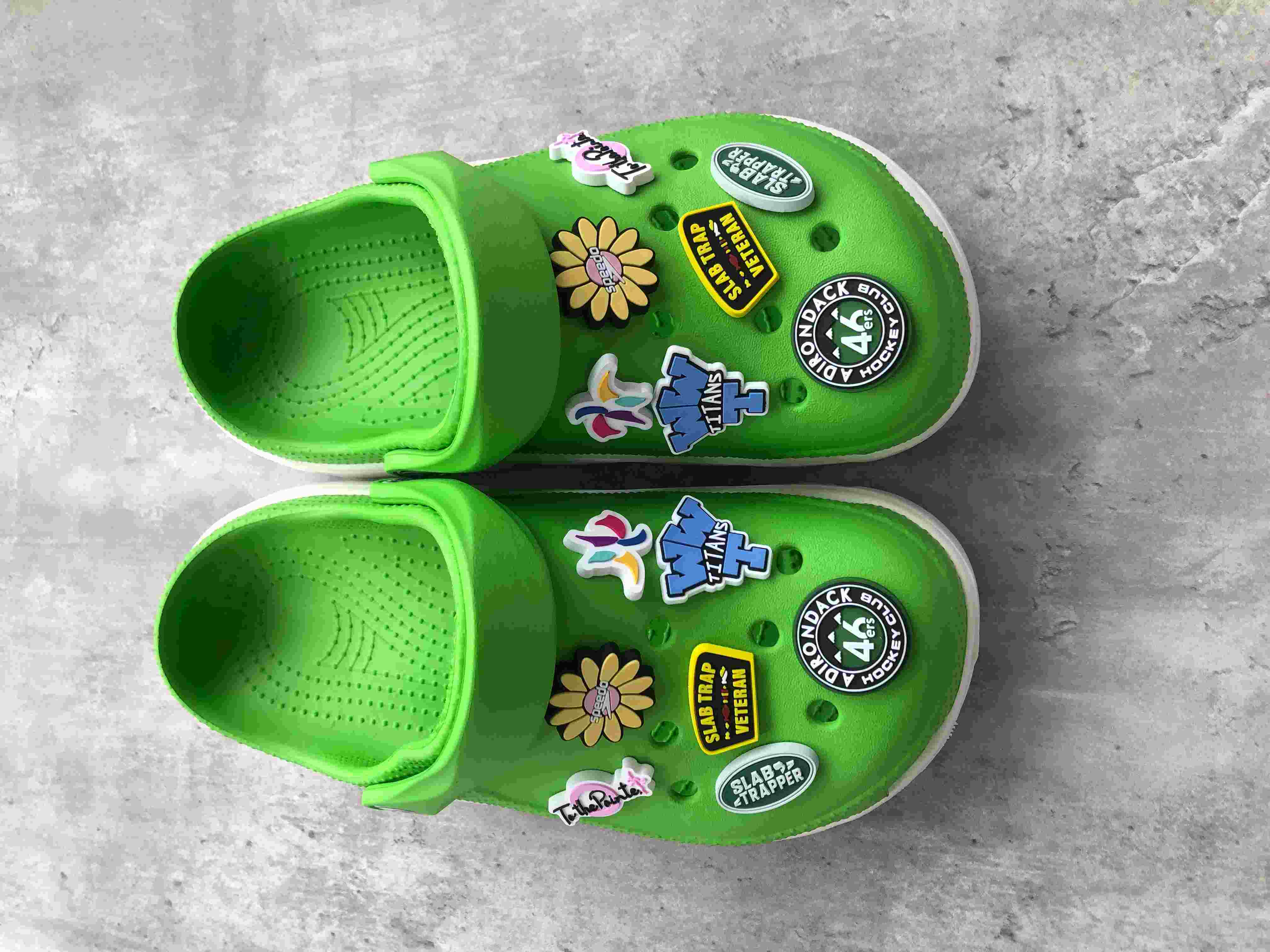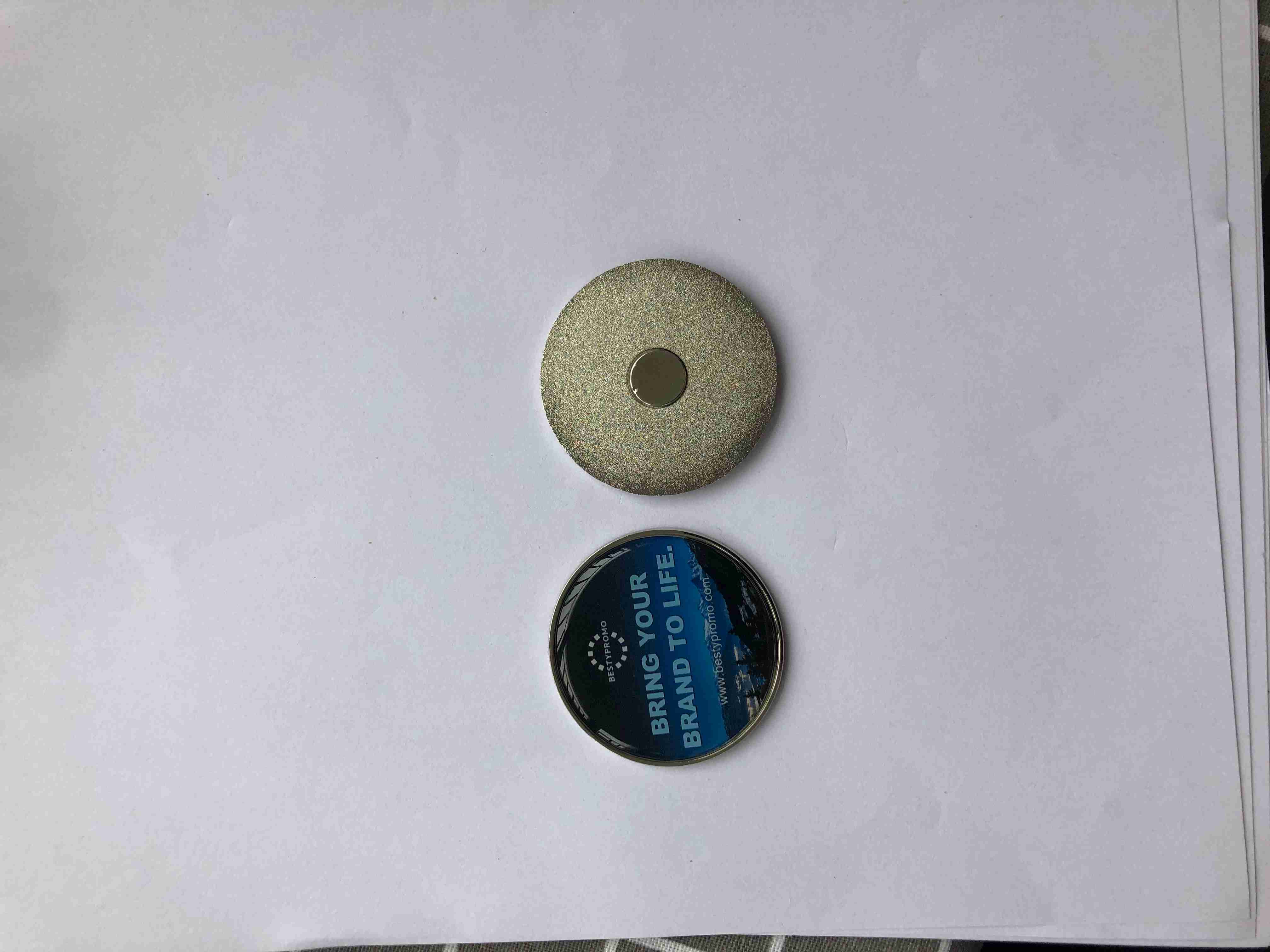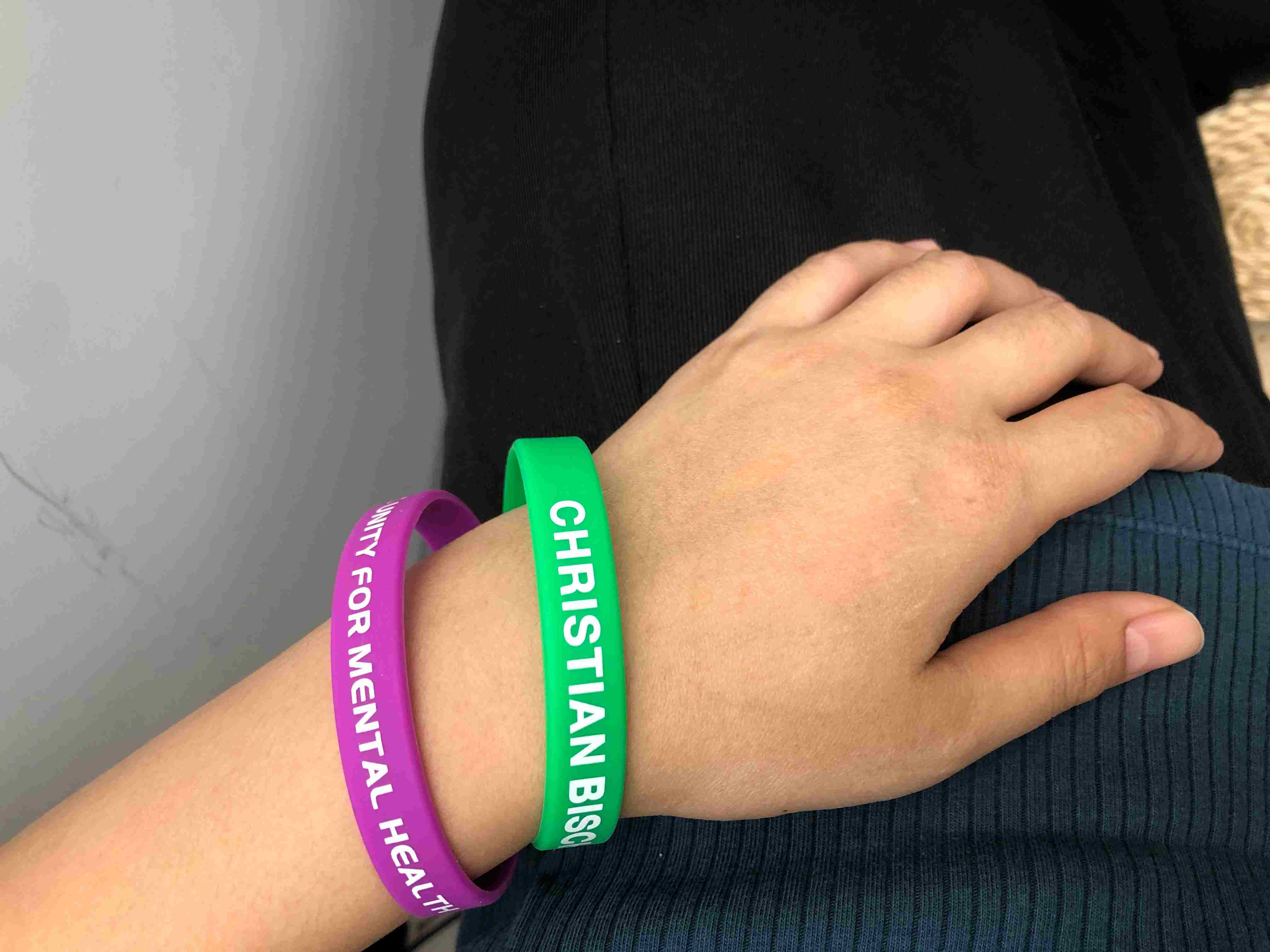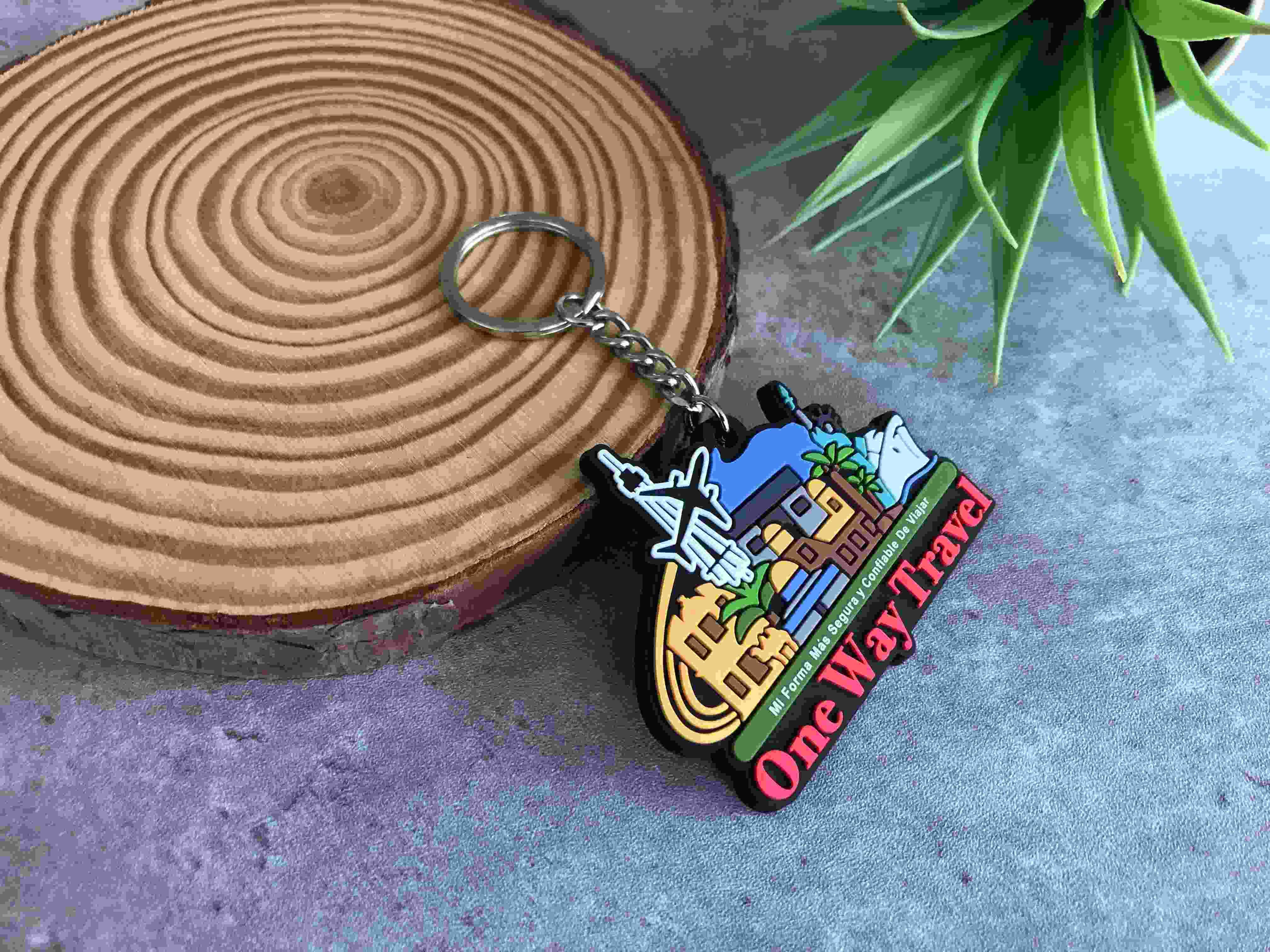Introduction
Indigenous wristbands have become a powerful symbol of cultural pride, identity, and unity for Indigenous communities worldwide. These wristbands, often intricately crafted with traditional patterns, materials, and designs, are not only decorative items but also carry deep cultural significance. Offered by our platform, Indigenous wristbands provide a meaningful way to celebrate and promote Indigenous heritage while also serving as a form of advocacy for Indigenous rights. This article explores the unique features of Indigenous wristbands, analyzes market trends, shares real-world examples, and highlights how these wristbands meet the growing demand for culturally significant and ethically sourced merchandise.
Unique Selling Points (USP) and Features
The Indigenous Wristbands offered by our platform have several distinctive features that make them a popular choice for individuals, organizations, and events:
Cultural Significance: Each wristband design reflects Indigenous traditions, stories, and symbolism, making them a meaningful way to connect with and honor Indigenous heritage.
Ethically Sourced Materials: Many Indigenous wristbands are crafted using sustainable, natural materials like beads, leather, and fibers, which align with environmental stewardship values.
Handcrafted Artistry: The wristbands are often made by Indigenous artisans, ensuring that each piece is unique and showcases traditional craftsmanship.
Customizable Options: Customers can choose to customize wristbands with specific patterns, colors, or tribal symbols, allowing for personalization while respecting cultural significance.
Support for Indigenous Communities: A portion of the proceeds from sales often goes directly to supporting Indigenous communities, promoting economic development and cultural preservation.
Meeting Market Demand
The growing awareness of Indigenous rights and the increasing interest in sustainable, ethically sourced products have contributed to the rise in demand for Indigenous wristbands. According to Statista, the global market for Indigenous crafts and products is expected to grow by 5.7% annually, reflecting a shift toward socially responsible consumerism. Consumers are more interested in purchasing products that are not only beautiful and unique but also carry cultural and ethical value.
Our platform meets this demand by offering ethically sourced wristbands that provide both aesthetic appeal and cultural integrity. Each wristband sold contributes to raising awareness about Indigenous issues, such as land rights, language preservation, and economic empowerment. Moreover, the handcrafted nature of these products ensures that they are made with care and respect for Indigenous traditions, resonating with customers who value authenticity.
In addition, the growing trend toward sustainable fashion has influenced consumer behavior. According to Nielsen, 73% of global consumers say they are willing to pay more for products that come from sustainable sources. Indigenous wristbands, often made from biodegradable materials and produced by artisans using traditional, eco-friendly methods, align with this trend.
Case Studies
Case Study 1:
A national Indigenous rights organization collaborated with our platform to create 5,000 custom wristbands for their annual advocacy campaign. Each wristband was designed with patterns and colors that represented the organization's focus on land rights and environmental stewardship. The wristbands were distributed at rallies and events, serving as both a symbol of solidarity and a conversation starter about Indigenous issues. The campaign saw a 25% increase in participant engagement compared to previous years, with many attendees expressing pride in wearing a culturally significant item that supported the cause.
Case Study 2:
A nonprofit working to promote Indigenous language preservation used customized Indigenous wristbands as part of their fundraising efforts. By offering wristbands featuring traditional tribal symbols and language scripts, the organization raised 30% more funds than anticipated. Attendees wore the wristbands as a daily reminder of the importance of language preservation, helping to increase awareness and engagement with the cause. The wristbands also acted as a visual tool to spark conversations about Indigenous culture and history.
Industry Trends and Data
Increasing Demand for Ethical Fashion: As consumers become more conscious of the impact their purchases have on communities and the environment, the demand for ethical and sustainable products continues to rise. According to McKinsey & Company, the sustainable fashion market is projected to grow by 9% annually, with Indigenous products such as handcrafted wristbands becoming increasingly popular for their environmental and cultural significance.
Cultural Merchandise as Advocacy: Merchandise like Indigenous wristbands is playing a larger role in advocacy campaigns. A study by Deloitte shows that 36% of consumers prefer products that reflect their personal values. Indigenous wristbands allow wearers to visibly support Indigenous causes, from environmental protection to cultural preservation, making them an effective tool for raising awareness.
Handcrafted and Artisan Products: The demand for handcrafted products has seen a resurgence, particularly among consumers who value craftsmanship and authenticity. According to PPAI (Promotional Products Association International), 72% of consumers say they are more likely to purchase a product if they know it supports a cause they believe in. The fact that many Indigenous wristbands are handcrafted by artisans ensures that each piece is unique and carries a deeper meaning beyond its visual appeal.
Sustainability and Eco-Friendly Materials: As environmental concerns grow, consumers are seeking products made from sustainable, eco-friendly materials. Indigenous wristbands, often made from natural fibers, beads, and leather, meet this demand by offering a biodegradable and environmentally responsible option. According to a report by Grand View Research, the global sustainable product market is expected to reach USD 150.1 billion by 2025, with Indigenous products playing a key role in this sector.
User Feedback
Customers have consistently praised the Indigenous wristbands offered by our platform for their authenticity, quality, and cultural significance. One customer stated, “Wearing the wristband feels like I’m carrying a piece of history with me. The craftsmanship is amazing, and it’s a great way to show my support for Indigenous rights.”
Another user emphasized the ethical aspect of their purchase, saying, “I love knowing that the wristbands I bought not only look beautiful but also support Indigenous artisans and communities. It’s important to me that my purchases make a positive impact, and these wristbands do just that.”
While some customers have highlighted the need for more customization options, they appreciate the variety of designs already available. Our platform’s customer service team has also been praised for its responsiveness and support in helping customers select the right wristbands for their needs.
Conclusion
The Indigenous Wristbands offered by our platform represent a perfect blend of cultural significance, craftsmanship, and ethical sourcing. These wristbands not only serve as a way to celebrate and promote Indigenous heritage but also provide tangible support for Indigenous communities. Whether used for advocacy, fundraising, or personal expression, these wristbands meet the growing demand for culturally relevant, sustainable products. Through their unique designs, handcrafted artistry, and connection to Indigenous causes, these wristbands offer both aesthetic and social value.






